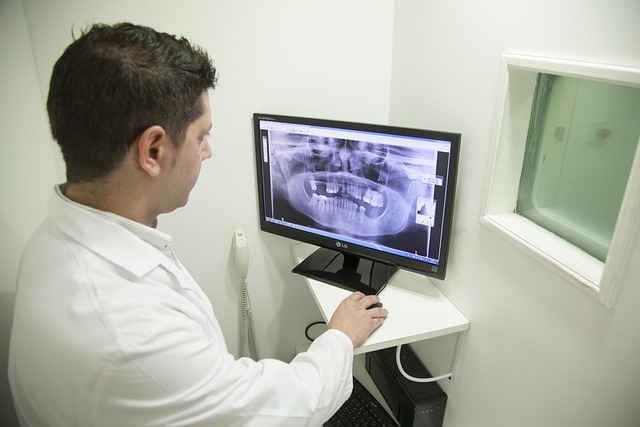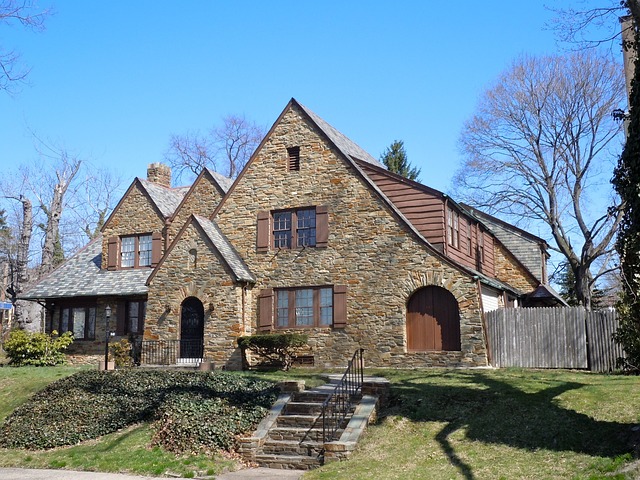In New Jersey, where elderly sexual assault cases are a significant concern, comprehensive staff training is crucial for nursing home abuse prevention. Training programs should go beyond basic first aid, focusing on recognizing physical, emotional, and sexual maltreatment signs through scenarios-based learning, workshops, and simulations. Targeted education equips caregivers to identify risk factors like behavior changes or unexplained injuries, report concerns, and protect vulnerable residents, potentially reducing the need for legal intervention from elderly sexual assault attorneys in New Jersey. Regular refreshers, mentorship, and feedback mechanisms enhance training effectiveness, fostering a safer environment for elderly residents.
New Jersey nursing homes play a critical role in caring for our aging population, but they also face significant challenges in preventing elder abuse. According to recent reports, comprehensive staff training is a pivotal strategy to combat this growing issue. This article explores the importance of thorough staff training, identifies common risk factors for elderly abuse, and provides best practices for implementing effective programs in New Jersey nursing homes. Understanding these measures is crucial, especially for those seeking guidance from an elderly sexual assault attorney in New Jersey.
Understanding the Importance of Comprehensive Staff Training
In New Jersey, where elderly sexual assault cases have gained significant attention, comprehensive staff training emerges as a pivotal strategy to prevent abuse in nursing homes. Training programs should go beyond basic first aid and safety protocols; they must equip caregivers with the knowledge and skills to recognize potential signs of abuse, including physical, emotional, and sexual maltreatment. Understanding the nuances of resident behavior and communication is essential for early intervention.
A well-structured training curriculum can foster a culture of awareness and accountability among staff members. It should include scenarios-based learning, ongoing workshops, and regular simulations to prepare caregivers for real-life challenges. By empowering nursing home staff with the right tools, New Jersey can ensure better protection of its vulnerable elderly population, potentially reducing the need for legal intervention from elderly sexual assault attorneys in the state.
Identifying and Addressing Potential Risk Factors for Elderly Abuse
Nursing homes in New Jersey can play a pivotal role in preventing elderly abuse by proactively identifying and addressing risk factors. This includes understanding the various forms abuse can take, such as physical, emotional, financial, and sexual assault. Elderly individuals may be particularly vulnerable due to age-related frailty, cognitive impairments, and reduced mobility, making them more susceptible to exploitation. Therefore, staff training should encompass recognizing signs of potential abuse, including unusual behavior changes, unexplained injuries, or sudden financial transactions.
Training programs can equip caregivers with the knowledge to detect red flags and respond appropriately. This involves reporting concerns to management and relevant authorities, ensuring the safety and well-being of residents. Moreover, educating staff about cultural sensitivity and communication skills is essential, as elderly residents from diverse backgrounds may have unique needs and perspectives regarding their care and privacy. By addressing these risk factors through comprehensive training, New Jersey nursing homes can foster a safer environment for their residents and potentially prevent cases that might require the assistance of an elderly sexual assault attorney.
Best Practices for Implementing Effective Training Programs in New Jersey Nursing Homes
Implementing effective training programs is a multifaceted process that requires careful planning and execution. New Jersey nursing homes should prioritize regular, comprehensive training sessions tailored to address various forms of abuse prevention, including elderly sexual assault. These programs must be interactive, covering real-life scenarios to equip staff with practical knowledge and skills. Involving experienced professionals, such as elder law attorneys or abuse prevention experts, can enrich the curriculum and provide insights into legal and ethical considerations related to nursing home care.
Best practices include utilizing a mix of educational methods like workshops, simulations, and online modules. Regular refreshers and ongoing support through mentorship programs or peer-to-peer training sessions can help maintain staff vigilance and knowledge. Furthermore, fostering an open culture where concerns are promptly reported and addressed is vital. Implementing anonymous feedback mechanisms and encouraging staff to speak up without fear of retaliation can significantly contribute to the overall effectiveness of abuse prevention strategies in New Jersey nursing homes.






